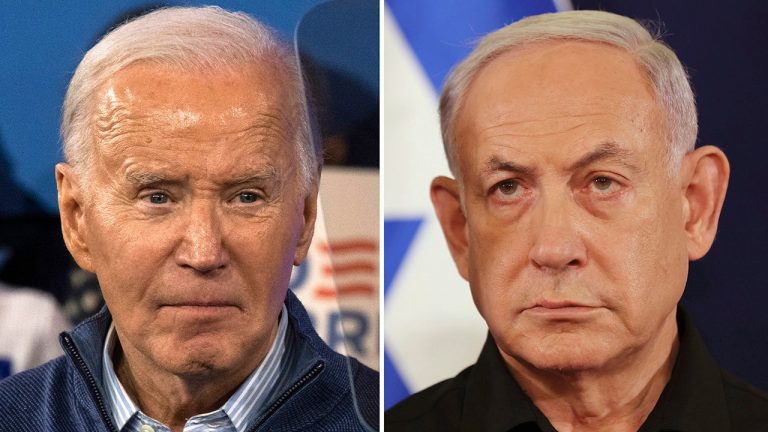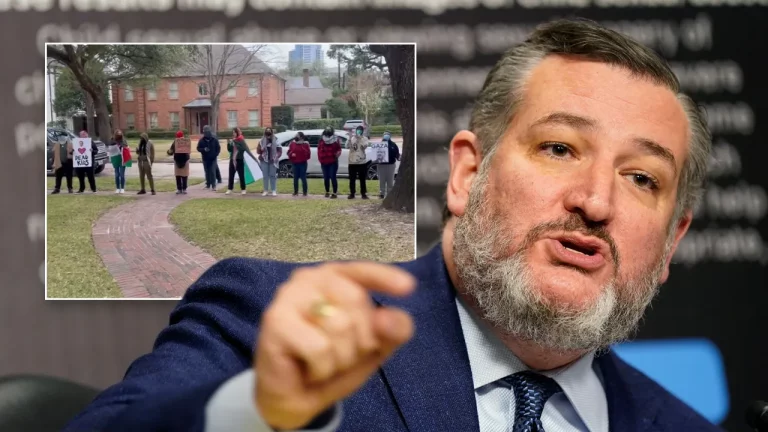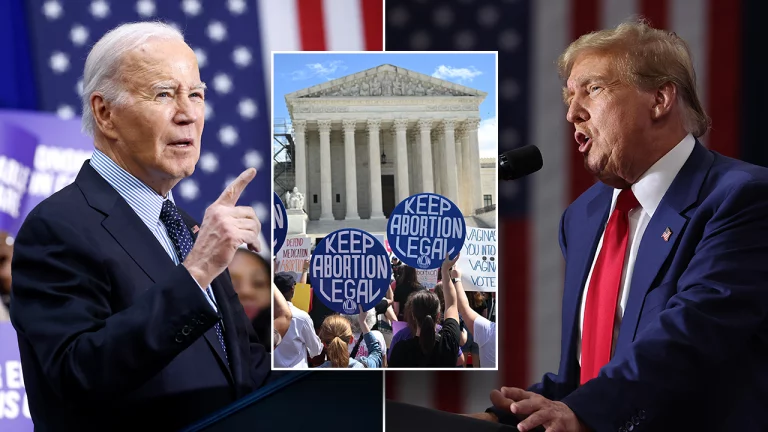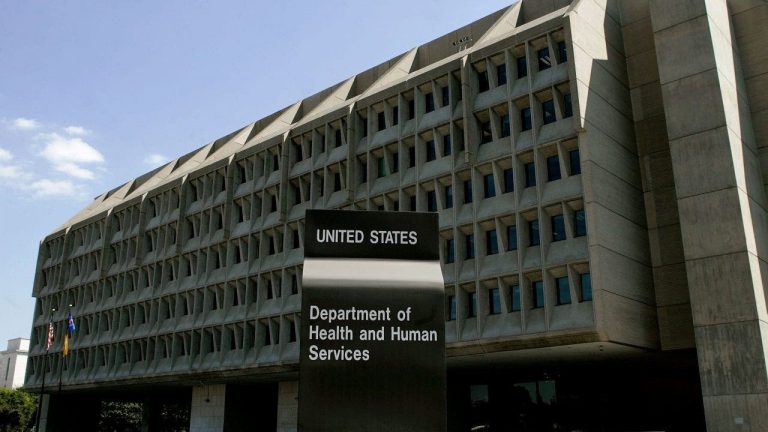Harris refuses to attend Netanyahu’s speech to address sorority instead.
Vice President Kamala Harris, the presumptive Democratic presidential nominee, has made a significant decision to skip Israeli Prime Minister Benjamin Netanyahu’s address to Congress in favor of delivering a keynote speech at the Zeta Phi Beta sorority’s Grand Boulé in Indianapolis. This move showcases Harris’s commitment to engaging with diverse communities and prioritizing her speaking engagements to connect with various groups.
As reported on Wednesday, Harris, who recently assumed the role of presumptive Democratic nominee for president after President Biden’s campaign suspension, will not be present at Netanyahu’s address before Congress. This absence means that Harris will not be able to fulfill her duty as vice president, presiding over the Senate during the speech.
In a similar decision, Republican vice presidential nominee JD Vance, a senator from Ohio, has also chosen not to attend Netanyahu’s congressional address. This indication of bipartisan absence highlights the complex political landscape surrounding the event.
The latest poll from CNN on Wednesday revealed that Harris is trailing behind Trump but showing improvement in performance compared to Biden. With Trump leading at 49% support and Harris at 46%, this narrow margin falls within the polling margin of error, indicating a competitive stance between the two candidates.
In the wake of Harris’s absence, Senate President pro tempore Patty Murray, D-Wash., declined the responsibility of presiding over Netanyahu’s address and opted to boycott the event. This decision underscores the various dynamics at play within Congress regarding the address and the absence of key officials.
When questioned on Tuesday about Harris’s willingness to preside over Netanyahu’s address in Washington, D.C., had she been present, her office refrained from engaging in hypothetical scenarios, maintaining a focus on her current schedule and commitments.
Netanyahu’s address, arranged by Republican lawmakers, is anticipated to receive a warm welcome in the House chamber, making him the first foreign leader to address a joint meeting of Congress four times, surpassing historical figures like Winston Churchill. However, the event is not without controversy, as many Democrats and independent Sen. Bernie Sanders of Vermont have planned to boycott Netanyahu’s appearance.
The notable absence of Harris, who traditionally sits behind dignitaries during such addresses, has sparked discussions around party loyalty and foreign policy alliances. Speaker Pelosi’s decision to join a members’ meeting with Israeli citizens affected by recent events further accentuates the political tensions surrounding Netanyahu’s address.
Following the scheduled address, both Harris and President Biden are set to meet separately with Netanyahu on Thursday, as confirmed by White House press secretary Karine Jean-Pierre. Their discussions will focus on developments in Gaza, progress towards ceasefire agreements, and the broader commitment to Israel’s security against regional threats.
Outside the Capitol building, demonstrators are preparing for protests against Netanyahu amidst ongoing conflicts in the Middle East. House Speaker Mike Johnson has issued warnings against disturbances during the event, emphasizing the importance of upholding free expression while maintaining order.
Amidst these developments, Biden is scheduled to address the nation from the Oval Office on Wednesday evening. Following his recent decision to end his re-election campaign and endorse Harris for president, Biden’s message is anticipated to shape the narrative of the upcoming election cycle.
Meanwhile, Harris’s campaign rally in the Milwaukee area signals a strategic move to engage with key demographics and consolidate support from delegates. With substantial fundraising and endorsements from Democratic leaders, Harris is positioning herself as a formidable contender against former President Trump in the upcoming election.
As the political landscape continues to evolve, the decisions made by key figures such as Harris, Netanyahu, and Biden are shaping the direction of the presidential race and influencing public discourse on critical issues. The dynamic interactions between domestic politics and international relations underscore the complexities of leadership and diplomacy in today’s global environment.








